A food cleanroom is a strictly controlled environment for food production and processing, designed to minimize contamination from bacteria, dust, and other external pollutants. It plays a vital role in the food industry by ensuring products meet hygiene and food safety standards.
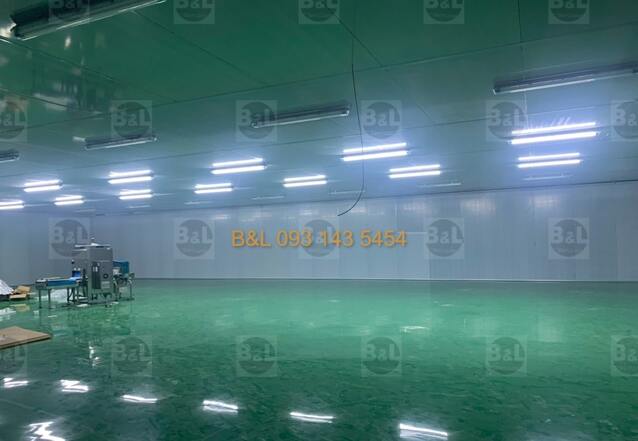
Key requirements of a food cleanroom include:
Minimizing the risk of food contamination from air, personnel, and equipment
Smart layout of facilities, machinery, and equipment for easy cleaning and maintenance
Non-toxic, easy-to-clean, and disinfectable materials in contact with food
Fully equipped with temperature, humidity, and air pressure control systems
Effective pest, microbial, and environmental contamination prevention solutions
Thanks to these stringent standards, food cleanrooms help extend shelf life, maintain product quality, and comply with food safety regulations.
Food cleanrooms are widely used in various areas, including:
Meat, seafood, and dairy processing and packaging
Beverage, vitamin, and functional food production
Chocolate, candy, snack, and confectionery packaging
Frozen food and cold storage processing
Fresh produce, fruit, and packaged salad production lines
Liquid filling, beer fermentation
Allergen-free, gluten-free, and lactose-free cleanroom environments
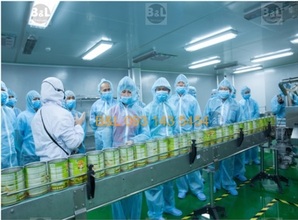
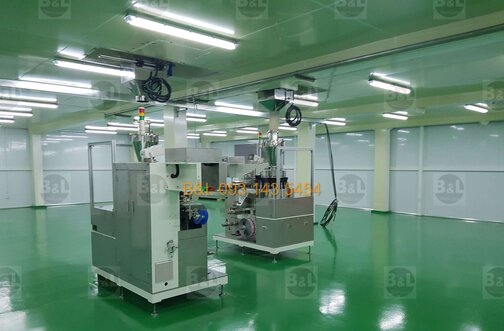
Sufficient space based on production scale
Good drainage with no water stagnation
Anti-slip, waterproof, and corrosion-resistant flooring
Non-dust-attracting, easy-to-clean materials with rounded corners
Airtight doors and windows to prevent insect intrusion
Use of specialized aluminum-glass doors
Stainless steel equipment: rust-proof and easy to disinfect
Changing rooms, hand and footwear disinfection chambers
Hand washing and drying stations in logical locations
Pressure difference: ≥5Pa – 10Pa
Standard temperature: Winter >16°C, Summer <26°C (±2°C)
Fresh air supply: 20–30% of total air volume
50mm thick panels for walls and ceilings
Self-leveling epoxy or premium resin floors
Galvanized air ducts with insulation layers
UV sterilization after each shift
Controlled personnel and equipment entry/exit
Established procedures for dust, microbial, and static control
Air filtration, noise and vibration control
Monitoring of materials in direct contact with food
Monitoring air, water, and chemicals to prevent cross-contamination
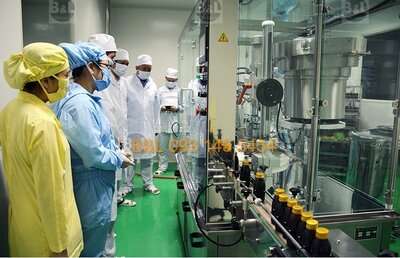
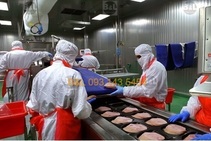
Separate routes for personnel and materials to reduce cross-contamination.
Choose the appropriate cleanroom level (ISO 7 – ISO 5 or Class 100,000 – Class 100) depending on production requirements.
Positive pressure from cleaner to less clean areas prevents dust infiltration.
Based on cleanroom classification, room size, and production activities.
Minimize air leaks through doors, sockets, lighting fixtures, and structural gaps.
Maintain balanced airflow to avoid negative pressure.
Temperature: 18–21°C
Humidity: 40–50%
Control static electricity and noise
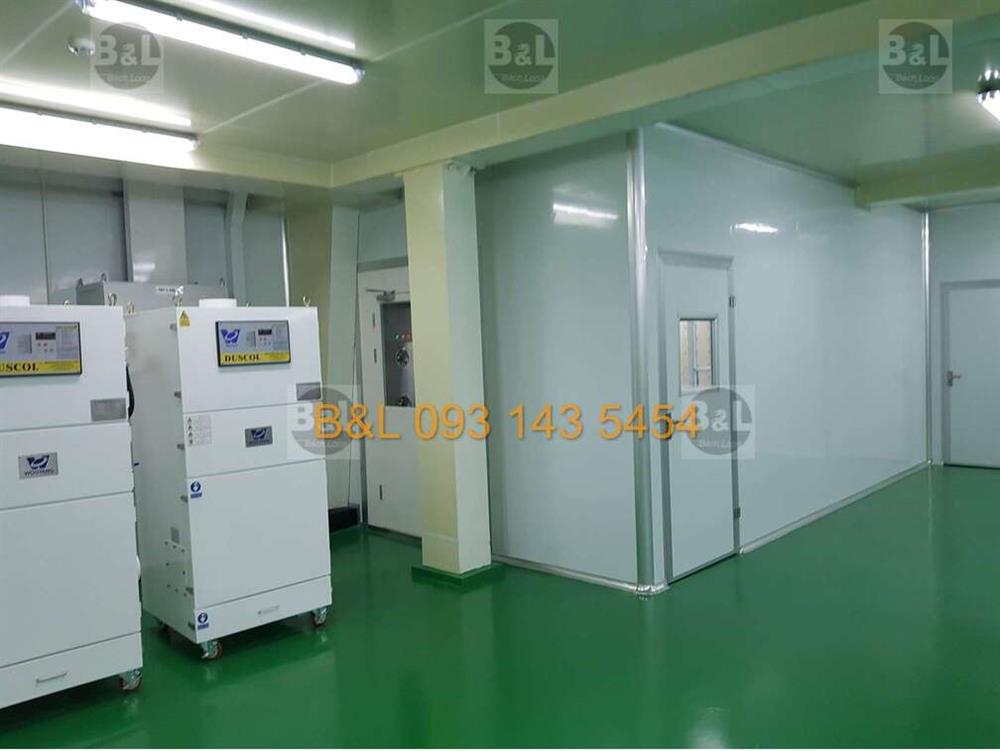
BACH LONG PRODUCTION TRADING SERVICE CO., LTD
Address: 75 Nguyen Hong Street, Ward 1, Go Vap District, Ho Chi Minh City
Hotline: 093 143 54 54
Email: sales@congnghelockhi.vn
Website: www.congnghelockhi.vn – www.congnghelockhi.com